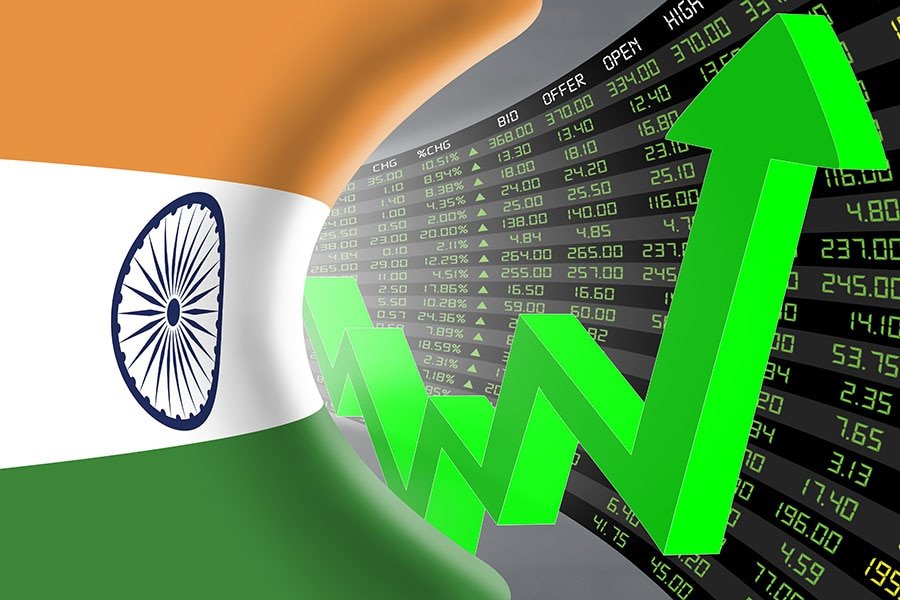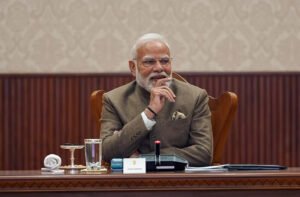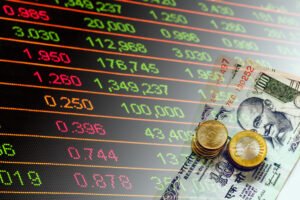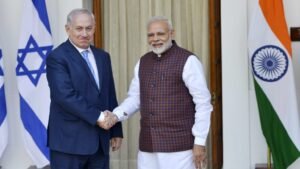Davos: India slipped to third place in trust, less trust compared to rich lower income group counterpart countries

New Delhi|India has slipped one place to third place in terms of people’s trust in government, business, media and NGOs, while India continues to have less trust than its wealthy counterparts with low-income groups. This was said in a study released in Davos on Monday before the annual meeting of the World Economic Forum. The annual Edelman Trust Barometer (which is now in its 25th year), released ahead of the World Economic Forum’s annual meeting, also showed that India ranks 13th in terms when it comes to the confidence of the world’s people in Indian-headquartered companies.
Canada tops this list of foreign-headquartered companies, followed by Japan, Germany, Britain, France and America, while the top companies in India also include Mexico, South Africa, Saudi Arabia, China and Brazil. Names are included.
China again topped the overall list of general public confidence in government, business, media and NGOs, while Indonesia overtook India to take second place, although India’s score remained unchanged. Japan fell to the bottom of the UK in a 28-nation survey. In most countries, including India, the population of the lower income group was far less trustworthy than that of the higher income group.
In the high income group, India was ranked fourth after Indonesia, Saudi Arabia and China, while in the low income group, India became the third most reliable country after China and Indonesia. However, the percentage of people from lower income groups who believe in Indian institutions is 65 per cent, while among those from higher income groups the percentage is 80.
Globally, the survey also revealed some disturbing trends, where violence and the spread of misinformation are now being seen as legitimate tools for change. The survey showed that elections or changes of governments have little impact in most countries.
Global communications firm Edelman, which surveyed more than 33,000 respondents from 28 countries, said the barometer showed that economic fear had turned into a complaint, and 6 in 10 respondents admitted to a moderate to high sense of complaint.
The fear of facing discrimination has risen by 10 points to a record high of 63 per cent, spread across all sexes, age and income levels. The barometer showed that the biggest jump (14 points) was seen among whites in the US. “In the last decade society has moved from fear to polarization and then to grievances”, said Edelman CEO Richard Edelman
The survey also underlined the global unprecedented lack of trust in institutional leaders – an average of 69 percent of respondents worry that government officials, business leaders and journalists deliberately mislead them. This average number has increased by 11 points since 2021.
There is also confusion among people about reliable information. Sixty-three percent said it was becoming harder to tell whether the news was produced on behalf of a respected source or fraudulently.
Alarmingly, four in 10 respondents – 53 percent aged 18-34 – approved one or more types of hostile activism to bring about change, including attacking people online, intentionally spreading misinformation, threatening or violence, and damaging public or private property.
Other key findings showed a lack of confidence in top economies. Five of the largest 10 global economies on the Trust Index were among the least trusted countries. Among them are Japan (least trusted with 37 per cent), Germany (41), the UK (43), the US (47) and France (48). Developing countries turned out to be more trustworthy – China (77 per cent), Indonesia (76), India (75) and the United Arab Emirates (72) once again topped the trust index.
Despite falling by trust points among staff to 75 per cent, My Employer’ remains the most trusted institution globally. The survey also found that wealthy people are seen as the problem, with most people believing that wealthy people avoid paying their fair share of taxes (67 percent), and 65 percent blaming their self-interest for many of the common people’s problems.









